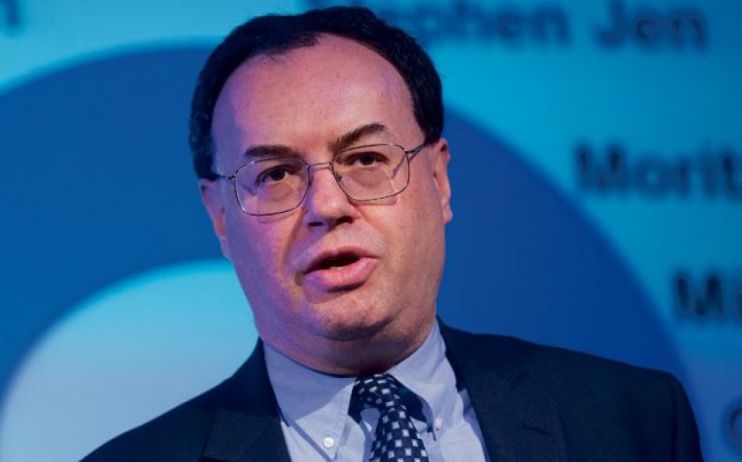Bailey’s FCA is in need of a remit reboot

Several months ago it felt as if the top job in Britain’s banking system was Andrew Bailey’s to lose.
A veteran of Threadneedle Street who is at ease among top City bosses, the head of the City watchdog has been the bookies’ favourite to replace Mark Carney as governor of the Bank of England as it prepares to navigate through potentially choppy waters in post-Brexit Britain.
Read more: Bank of England leaves interest rate untouched
But over recent months Bailey’s chances of running the Old Lady seem to have been dented amid mounting scrutiny over his current role as head of the Financial Conduct Authority (FCA).
From the suspension of Neil Woodford’s flagship fund to the collapse of London Capital & Finance (LCF), as well as the fallout from the Royal Bank of Scotland’s controversial Global Restructuring Group (GRG), a spate of controversies have blighted the reputation of both Bailey and the FCA. Successive scandals have sparked criticism that the FCA lacks either the appetite or the tools to enforce financial rules.
Yet while these scandals are new, the underlying issue of enforcement is not; one of Bailey’s primary challenges when taking over the FCA in 2016 was how to bolster a regulator that was largely regarded as a junior to both the Treasury and the Bank of England.
All the more reason to welcome a new report released today by the Treasury Select Committee (TSC), which has called for the FCA to be given more formal powers.
The committee’s main concern centres on the FCA’s so-called ‘perimeter of regulation’, which determines what the FCA can and can’t regulate and is defined by Parliament.
Read more: Trump’s tariffs hurting US manufacturers, says ex-adviser
With the TSC highlighting that the current informal system is “insufficient”, it has said that the FCA needs formal powers to be able to recommend changes to its own perimeter of regulation.
Bailey and the Treasury may have had their reported differences in the past, but if the recent scandals of mortgage prisoners, so-called mini bonds and crypto-assets have shown anything, it is that the FCA should be more proactive in setting the scope of the activities it regulates to adapt to a rapidly-changing environment.
The FCA has been very good at establishing the right kind of environment for new ventures and ideas to flourish in London, making the City a hub for startups and fintech.
But as these groups grow and diversify, the grey area between regulated and non-regulated activities needs to be addressed, regardless of whether Bailey is still steering the ship next year.